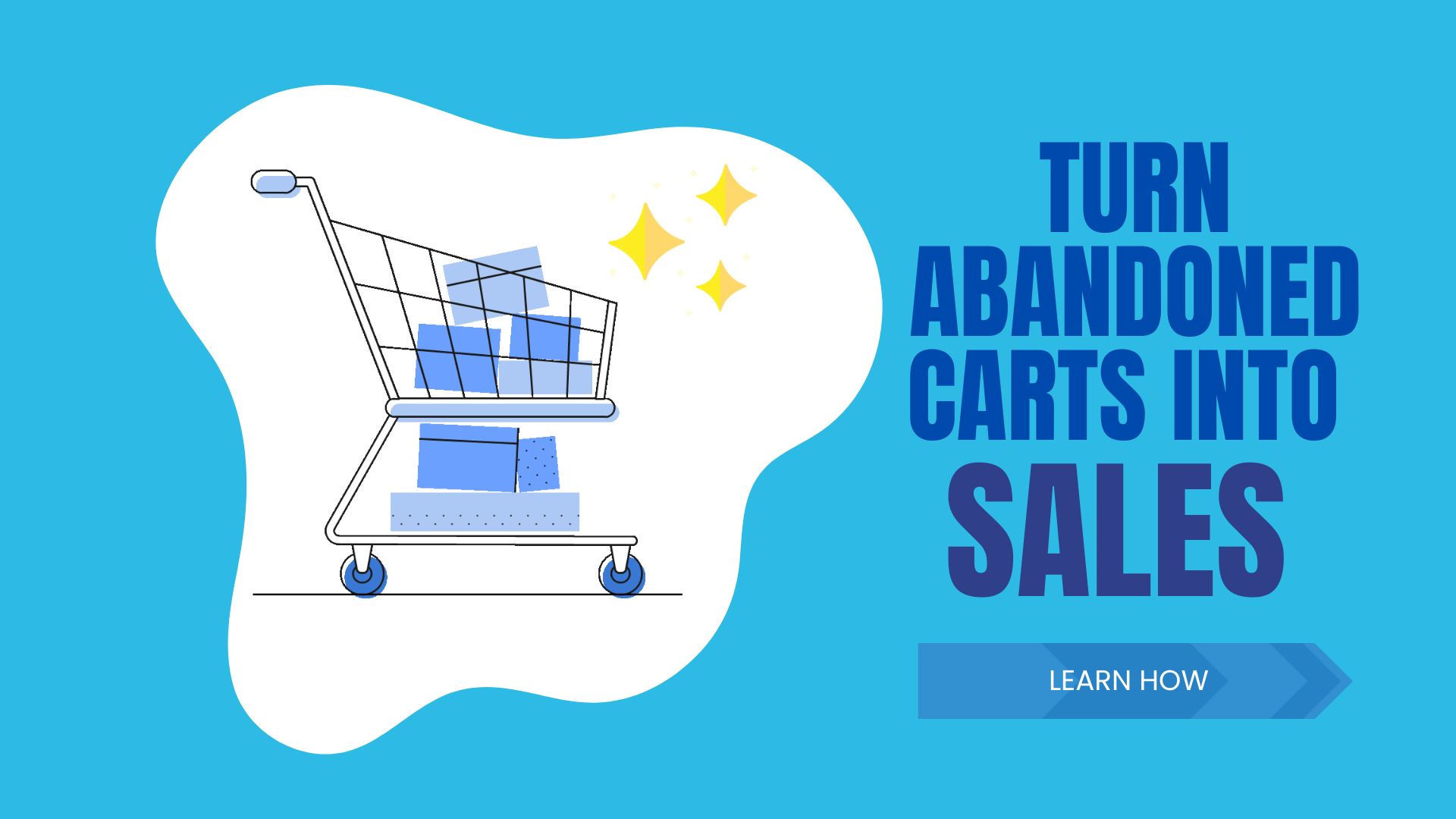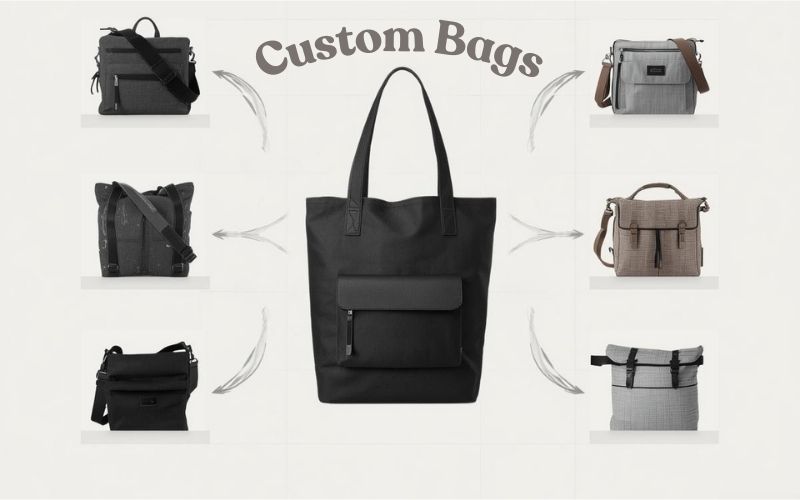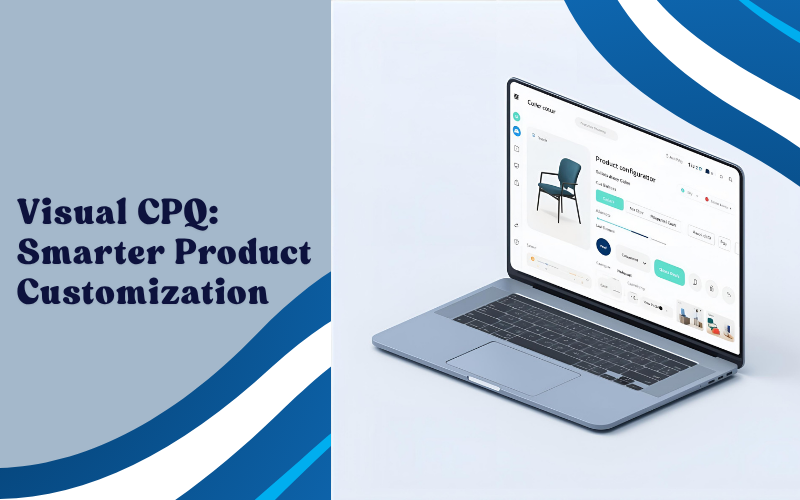Cart abandonment is a common challenge in e-commerce. Shoppers frequently add items to their carts, only to leave the site before completing the purchase. While this can be frustrating, it also presents an opportunity. By understanding why customers abandon their carts and implementing effective strategies, you can turn these missed opportunities into sales. Here are some proven methods to help you recover those lost sales and boost your revenue.
1. Implement Abandoned Cart Emails
Abandoned cart emails are one of the most effective ways to recover lost sales. These are automated emails sent to customers who leave items in their carts without completing the purchase. Here’s how to make them work for you:
- Timely Reminders: Send the first email within an hour of cart abandonment, reminding the customer of the items they left behind. Follow up with one or two more emails over the next few days.
- Personalization: Use the customer’s name and mention the specific items they left in their cart. Personalized emails have higher engagement rates.
- Incentives: Offer a discount, free shipping, or another incentive to encourage customers to complete their purchase.
2. Simplify the Checkout Process
A complicated checkout process is a major reason for cart abandonment. Streamline your checkout process to make it as easy as possible for customers to complete their purchase:
- Reduce Steps: Minimize the number of steps required to complete a purchase. A one-page checkout is ideal.
- Guest Checkout: Allow customers to check out as guests without creating an account.
- Auto-Fill Options: Enable auto-fill for forms to save customers time and effort.
3. Provide Multiple Payment Options
Customers have different preferences for how they like to pay. By offering a variety of payment options, you can accommodate more customers and reduce cart abandonment:
- Credit/Debit Cards: Ensure you accept all major credit and debit cards.
- Digital Wallets: Include options like PayPal, Apple Pay, and Google Wallet.
- Buy Now, Pay Later: Offer financing options such as Afterpay or Klarna to make higher-priced items more accessible.
4. Enhance Trust and Security
Customers are wary of entering their payment information online, especially if they’re unfamiliar with your brand. Build trust by enhancing your website’s security and displaying trust signals:
- SSL Certificates: Ensure your site has an SSL certificate and displays a secure connection (https).
- Trust Badges: Display security badges from reputable providers like Norton or McAfee.
- Customer Reviews: Show customer reviews and ratings to build credibility and trust.
5. Optimize for Mobile
With the increasing use of smartphones for online shopping, ensuring your site is mobile-friendly is crucial:
- Responsive Design: Use a responsive design that adjusts to different screen sizes.
- Mobile Checkout: Optimize your checkout process for mobile users, ensuring it’s easy to navigate and complete on a small screen.
6. Retargeting Ads
Retargeting ads can help bring customers back to your site by reminding them of the items they left in their cart. Use retargeting campaigns to:
- Display Ads: Show ads on social media and other websites that feature the products left in the cart.
- Dynamic Retargeting: Use dynamic retargeting to show personalized ads based on the customer’s browsing behavior.
7. Offer Live Chat Support
Sometimes customers abandon their carts because they have questions or concerns that aren’t addressed. Offering live chat support can help:
- Instant Assistance: Provide real-time help to answer questions and resolve issues.
- Proactive Chat: Use proactive chat triggers to offer assistance when a customer is lingering on the checkout page.
8. Exit-Intent Popups
Exit-intent popups can help capture customers who are about to leave your site without completing their purchase:
- Targeted Offers: Show a discount or special offer to incentivize them to stay and complete their purchase.
- Survey Popups: Ask for feedback on why they’re leaving to gather insights for future improvements.
9. Leverage Product Configurators
Product configurators can enhance the shopping experience and reduce cart abandonment, especially for customizable or complex products. Here’s how they can help:
- Personalization: Allow customers to personalize products to their exact specifications. This increases engagement and investment in the purchase.
- Visualization: Provide 3D or interactive previews of the customized product, helping customers visualize the final outcome and reducing uncertainty.
- Simplified Choices: Break down complex products into simpler choices, guiding customers through the decision-making process without overwhelming them.
- Price Transparency: Show how different options affect the price in real-time, helping customers make informed decisions and reducing sticker shock at checkout.
Conclusion
Cart abandonment doesn’t have to mean lost sales. By implementing these proven methods, you can recover many of those abandoned carts and boost your revenue. Focus on creating a seamless, trustworthy, and personalized shopping experience, and you’ll see a significant improvement in your conversion rates. Start turning those abandoned carts into sales today!




